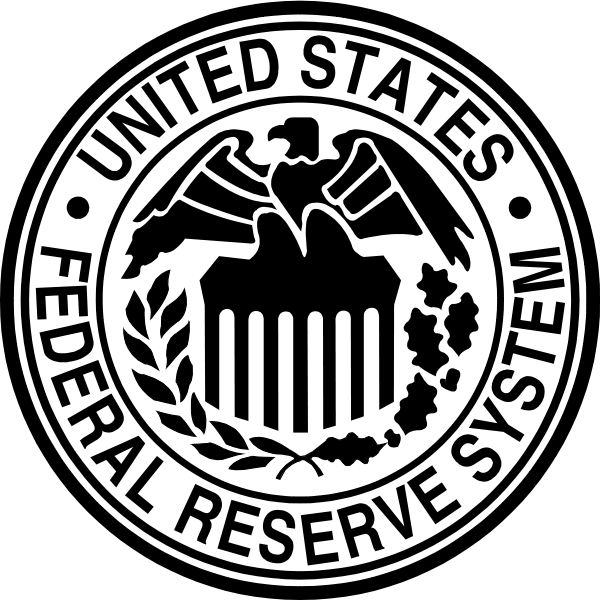
Be careful what you wish for, this is what we can tell Francois Hollande who went on the newswires today, trying to jawbone the single European currency by stating that it is overvalued against its major peers.
While the author of this article tends to agree with the French president on this point (as embarrassing as it may sound), Mr. Hollande better be focusing on structural reforms which are desperately needed in his country, instead of teaching the market about the value of the euro.
Just after the most eagerly awaited event of the day, the minutes from the latest Federal Reserve Market Committee (FOMC), hit the news wires, we are witnessing the US dollar continue on its stellar course defying gravity and calls that it is "overbought."
Unusually, US Dollar Volatility Has Been Rising Throughout the Summer
The Forex market has a tendency to hypnotize currency traders at a slow pace, and after a trend has been established eyes are starting to turn to double check if the prices on the screen are real.
The latter phenomena has been virtually non-existent on the FX market this year. G7 FX volatility has stagnated, driving away many market participants who do not possess the patience to wait for the big move.
Today the euro hit its lowest level since the middle of September last year. Slowly but steadily the single currency has been depreciating since the first hints of additional monetary easing in the Euzo Zone were dropped by Mario Draghi earlier this year.
Highlights from the Minutes of the July Meeting of the FOMC
The latest catalyst was the release of the FOMC minutes which outlined the importance of the labor market for the future course of the Fed Funds (FF) rate. The release suggested that the labor market outlook is improving.
In the aftermath of the release of the minutes from the FOMC's meeting in July, UBS stated that a "widespread acceptance of the view that labor market conditions continue to improve and would likely continue to improve."
Current market expectations suggest that the Federal Reserve will start tightening monetary policy in the middle of 2015. With the ECB widely diverging with such a scenario, we can only expect more volatility in the major pairs like the EUR/USD, which is likely to spread across G7 FX.
A note by Goldman Sachs stated that the outcome from the FOMC minutes "does seem to have a slightly hawkish tilt," while UBS highlighted: "The first hike would be from 0-0.25% to 0.25-0.50%. They would enforce this rate by setting interest on reserves (IOR) at the upper end of the range."


















